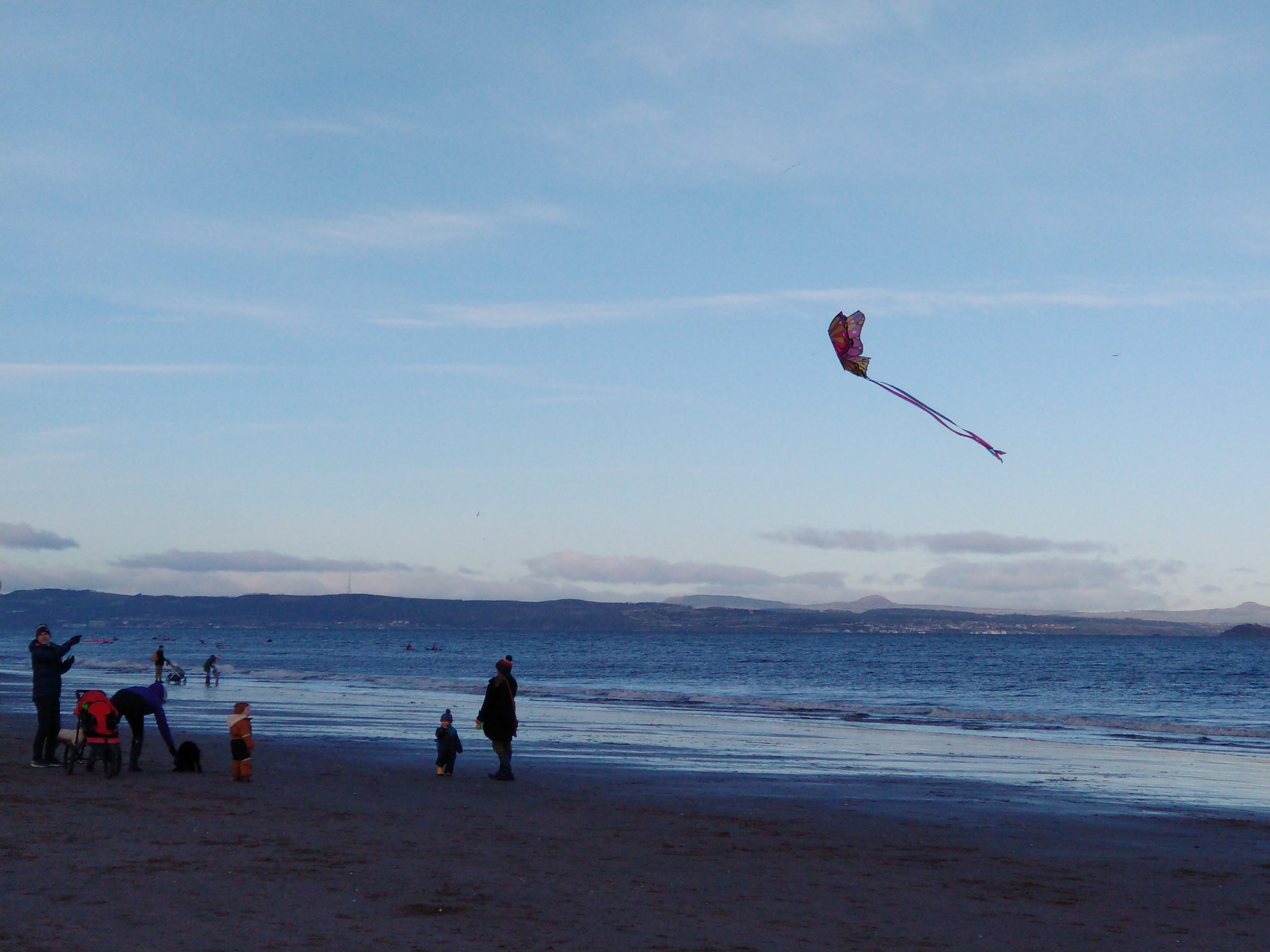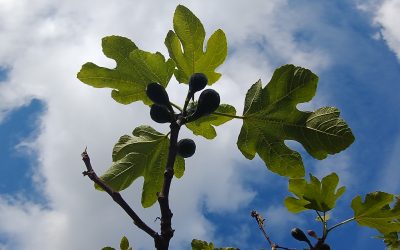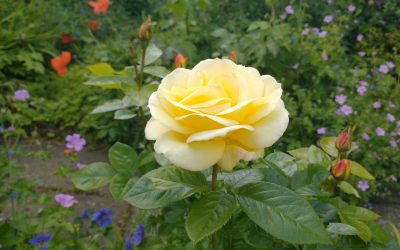 The other day I read a review in The Guardian of a book, ‘In Good Hands’, by conductor Alice Farnham, about the art and craft of conducting. I haven’t read the book, but I was struck by several phrases the reviewer, Caroline Crampton, used when talking about classical music:
The other day I read a review in The Guardian of a book, ‘In Good Hands’, by conductor Alice Farnham, about the art and craft of conducting. I haven’t read the book, but I was struck by several phrases the reviewer, Caroline Crampton, used when talking about classical music:
The conductor stands ‘with their back to us, dancing and waving their arms in a series of incomprehensible gestures’
…’this secretive profession’
…’the eccentric world of classical music’
…’the famously opaque world of classical music’
Naturally, as a musician, I don’t like to think that the world of classical music seems incomprehensible, eccentric, secretive, or famously opaque. I haven’t experienced it as any of those things – not even in the beginning, when I was starting to learn the piano. It seemed enticing and possible, a world opening out before me.
Yet I must accept that it can seem opaque to people not involved in it. What can be done? So many of my musical colleagues have been engaged in outreach work and educational concerts for years and years. They subsidise concert tickets for young people. They include children’s concerts in their own festivals. They teach local youngsters.
We are, however, battling against an educational ethos which doesn’t familiarise children with classical music as a matter of course. So it probably seems new and strange to young people when musicians come to their school to play them something, or when they are brought to a classical concert. If there is no follow-through by the educational establishment, the experience will likely remain a tantalising or perhaps merely a puzzling glimpse of something unfamiliar.
If an experienced book reviewer can refer to ‘the famously opaque world of classical music’, we need to do some serious thinking about how the opaque can be made clear and sparkling.




So disappointing to hear these comments from someone who has clearly never been given the chance to ‘enter’ the early stages of music making and appreciation. Like your friends and colleagues, I’ve been battling away trying to make music accessible in places where it’s not necessarily even thought about. We have to keep chipping away!
I wonder why, also, the Guardian is giving such a book out for review to someone who clearly has little experience of music? Thinking also of ‘Tar’, it is pretty worrying that there is such explicit antagonism to classical music. Seen as arcane and elitist. Dispiriting. But yes, we must keep on educating!
Ah, the famously opaque world of secretic, eccentric reviewers!
Fifty years ago I was learning about classical music from umpteen books about composers in the children’s library of a small Australian town. Now we have a global resource of dedicated arts channels, written materials (such as this blog!) and endless explanatory videos on YouTube. I can follow the lives of working musicians on blogs, Instagram, Tiktok and every other social media platform.
If this is opacity, then I can only conclude that Ms Crampton lives in a tiny bubble.
We live in northeastern Kansas. Our grandson (age 11) is in an elementary school where they have a string orchestra. At the start of the year he chose the Bass. Last night there was a concert of string orchestras from three schools, with about 150 children playing the instruments. They had four separate orchestras (for grades 5, 6, 7, and 8) and a final with all of the players participating. The three teachers introduced each of the pieces and conducted. The concert lasted an hour. The students paid attention and were cheerful.
The stands were full, with probably 400 attending (parents, friends). They will have another concert for all of the schools in May. The program noted that the teachers support the students from 5th grade to 12th grade (ending with graduation in the U.S.)
Something like this could be done in many places.
That sounds very impressive, and as you say, a model that others could follow. Good luck to your grandson with his musical endeavours!